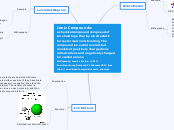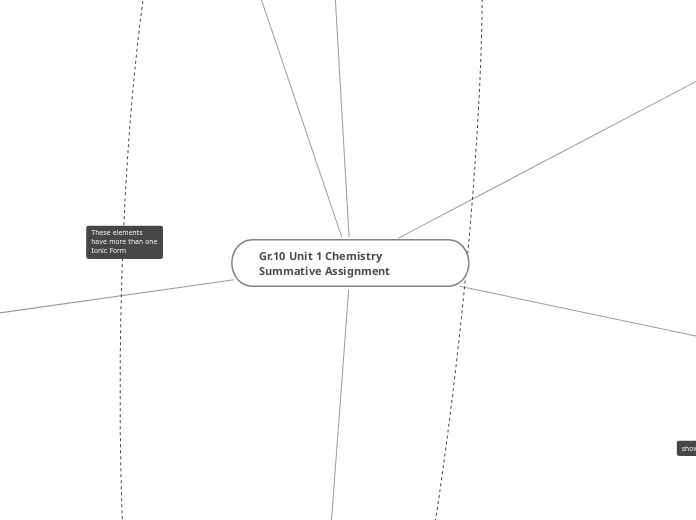によって Hernan Scott 8年前.
615
Ionic Compounds
Ionic compounds are formed through ionic bonding, which involves the electrostatic attraction between positively charged cations and negatively charged anions. This type of compound is overall neutral but is characterized by the transfer of electrons from one atom to another.









